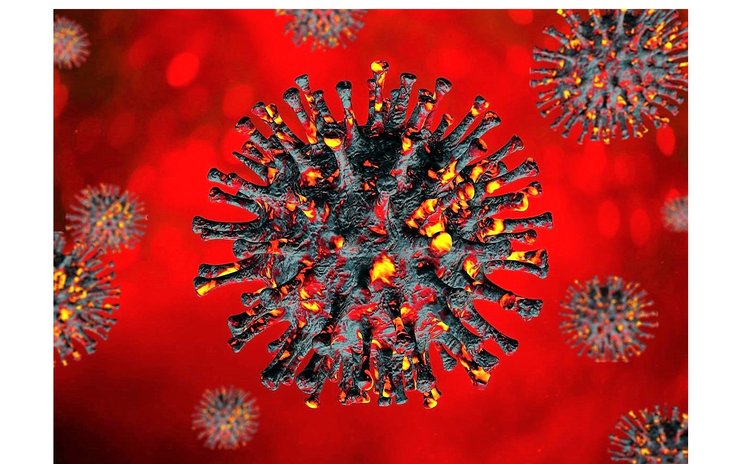COVID Corner

Last week COVID Cases in Dominica average more than 100 per day
COVID Cases- 24 January to 27 January 2022 (Source Ministry of Health)
Date. Number of New Cases. Total Active Cases. TLCovid Deaths
Monday, 24 January 187 726 51
Tuesday, 25 January 111 729 51
Wednesday, 26 January 68 782 51
Thursday, 27 January 126 861 51
Daily Average new cases: 123
No new deaths
COVID in St Lucia, Jamaica, Barbados and Trinidad
Jamaica has reported 460 new COVID-19 cases and 11 additional virus-related deaths, bringing the number of confirmed cases to 124,102 and the death toll to 2,650.
On Saturday, January 29, 2022, St. Lucia recorded a total of 192 new cases of COVID-19.
Having recorded 4,269 cases in six days last week, Barbados' chief medical officer has revealed that the Ministry of Health and Wellness has a five-part Omicron surge plan. In a press conference on Saturday, January 30, Dr. Kenneth George said that the new plan will comprise self/ home quarantine/isolation, protection of the vulnerable, an enhanced vaccination approach, risk communication, and an engagement in critical stakeholders.
On Saturday, Trinidad and Tobago recorded nine new COVID-19 deaths. The latest fatalities include one elderly male, three elderly females, two middle-aged males and three middle-aged females. This brought the total number of virus-related deaths to 3,381. Additionally, the Ministry of Health reported 1,081 new cases. It noted that the number of cases reported reflects the samples taken during the period January 22 to 28, and not the last 24 hours. Active cases stand at 19,660, while the country's caseload has risen to 110,741.
About BA.2, a new omicron variant
Even as SARS-CoV-2 gets better at spreading and evading some of the immune protection that people have built through infections or vaccination, new variants inevitably arise. The latest is BA.2, a new version of Omicron, TIME magazine reports.
According to TIME, it's too early to predict what BA.2 might mean for the course of the COVID-19 pandemic. But detecting such variants early will help public health experts better identify which ones pose the most danger to people's health, and therefore require more stringent mitigation measures.
BA.2 appears to be a descendant of Omicron (which researchers are now referring to as BA.1). Researchers at the World Health Organization reported increasing numbers of BA.2 infections in January in Denmark, India, and the U.K. Even though it's been just a few days since the variant was identified, South Africa and the U.S. have also reported cases of BA.2. So far, the virus has been detected in four U.S. states: California, New Mexico, Texas, and Washington. Scientists found BA.2 thanks to more widespread genetic sequencing, which is helping them detect changes in SARS-CoV-2 more quickly and determine how those mutations might affect human health.
The WHO has not determined yet whether BA.2 as a variant of concern. So far, there isn't enough information to determine how transmissible or virulent BA.2 might be, although in South Africa, BA.2 is now more prevalent than BA.1. It's not yet clear whether BA.2 is more transmissible than Omicron.




